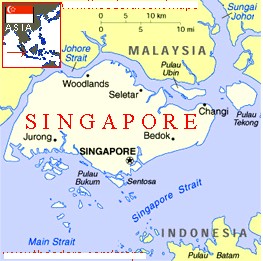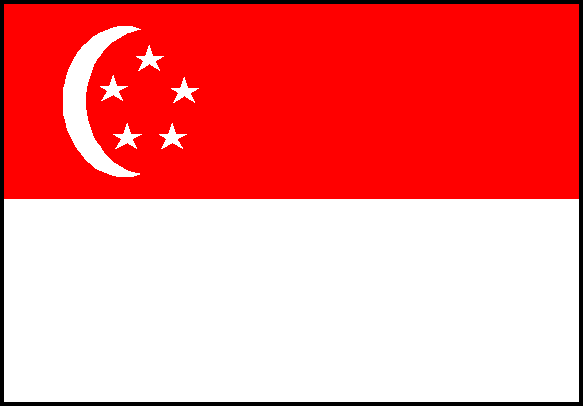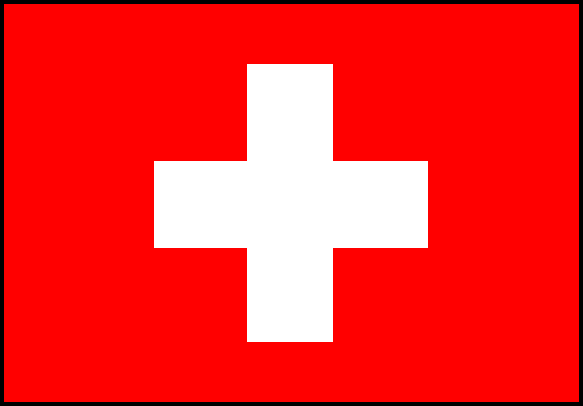 |
|
Temasek Club
|
|
About Singapore
|
 |
 |
|

The Singapore Infomap is an official source of information on Singapore.

Early Names of Singapore
A Chinese account of the third century refers to Singapore as Puluozhong, translating
the Malay words Pulau Ujong, ie. "island at the end" of the peninsula.
The Javanese Nagarakretagama1 of 1365 identified
a settlement called Temasek, which means "water town",
on Singapore island. A Chinese trader Wang Dayuan, who visited Singapore around 1330 referred this settlement as Danmaxi.
In his account of the Singapore story, there were already Chinese living on the island.
The Sejarah Melayu
or Malay Annals has the most colourful and vivid account of how Singapore got its present name. As the story goes, Sang Nila
Utama (or Sri Tri Buana as he is more popularly known), ruler of Palembang (in present day Indonesia), landed at Temasek one
day while seeking shelter from a storm. Sighting an animal he took to be a lion, he decided to establish a settlement which
he named Singapura, which means, "Lion City". By the end of the 14th century, the island was commonly known
as Singapura.
|
 |
 |
 |
 |
 |
 |
 |
 |

Independence : 9 August 1965
Population : 4,151,264
Area - total : 647.5 sq km
land : 637.5 sq km
water : 10 sq km
Boundaries : 193 km
Official languages : Chinese
Malay (national)
Tamil
English (administration)
Ethnic groups :
Chinese 77%
Malay 14%
Indian 7.6%
Other 1.4%
|
 |
|
Founded as a British trading colony in 1819, Singapore joined Malaysia in 1963, but withdrew two years later and became independent.
It subsequently became one of the world's most prosperous countries, with strong international trading links (its port is
one of the world's busiest) and with per capita GDP above that of the leading nations of Western Europe.
|
|
 |
|

1 August 1291
7,262,372
41,290 sq km
39,770 sq km
1,520 sq km
1,852 km
German
French
Italian
Romansch
German 65%
French 18%
Italian 10%
Romansch 1%
other 6%
|
 |
 |
|
Switzerland's independence and neutrality have long been honored by the major European powers and Switzerland was not involved
in either of the two World Wars. The political and economic integration of Europe over the past half century, as well as Switzerland's
role in many UN and international organizations, may be rendering obsolete the country's concern for neutrality.
|
|
|
 |
 |
 |
 |
 |
 |
|
|
|